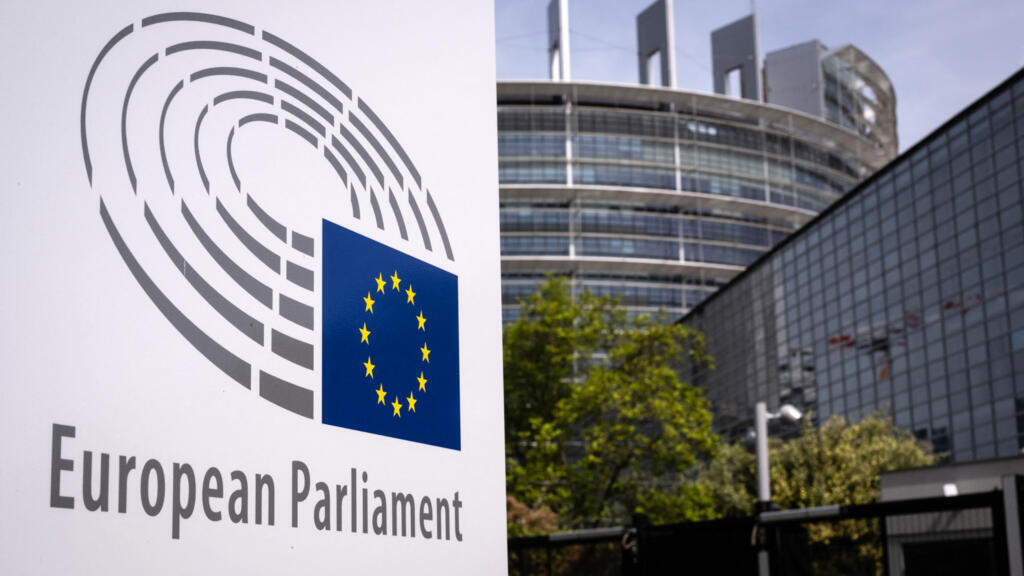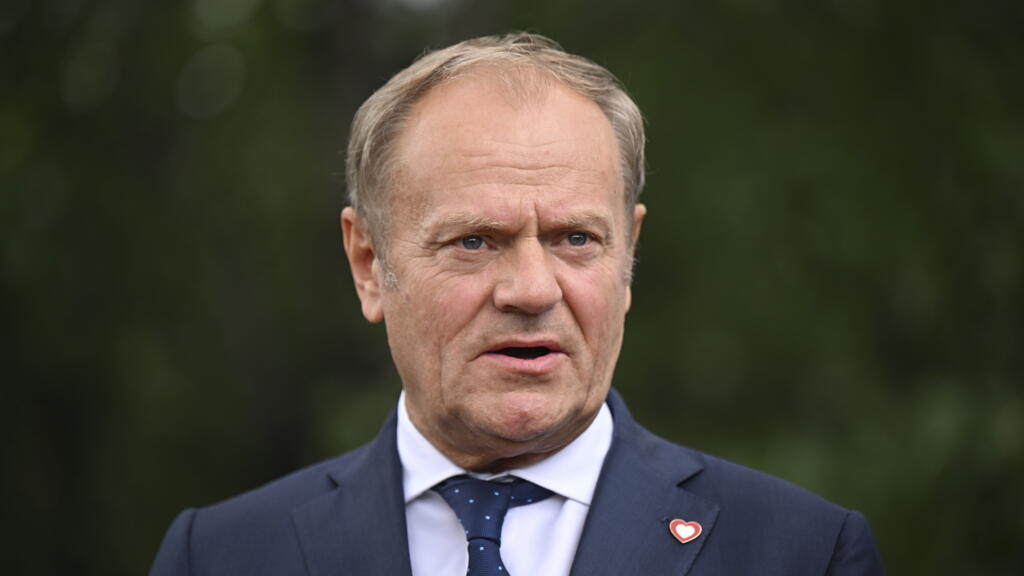The European Union's prosecutor's office announced on Tuesday that it has initiated an investigation into the suspected misuse of funds linked to the far-right political group Identity and Democracy (ID), an organization that included France's National Rally party. This investigation is part of a broader effort to ensure accountability and transparency in political financing within the European Union.
Identity and Democracy (ID), which was previously a significant player in the EU political landscape, is now defunct. The allegations center around the misappropriation of EU funds that were meant to support political activities but may have been diverted for personal gain. Reports suggest that a large portion of these funds allegedly benefited companies owned by a former advisor to Marine Le Pen, the prominent leader of the National Rally party.
Marine Le Pen has been a controversial figure in French politics, known for her far-right views and policies. Under her leadership, the National Rally has focused on issues such as immigration control and nationalism, often positioning itself against the European Union's more liberal policies. The current investigation is particularly significant given the scrutiny surrounding the financing of far-right parties across Europe, especially in the context of rising populism.
As the investigation unfolds, there are concerns about the implications for other far-right parties in Europe that may also be engaging in questionable financial practices. The EU has been increasingly vigilant in monitoring the financial activities of political groups, especially in light of past scandals related to financial irregularities. By launching this investigation, the EU aims to send a strong message regarding the importance of integrity in political funding.
This development has broader implications for the relationship between national political parties and the European Union. The outcome of the investigation could influence public perception of the National Rally, as well as other similar parties within the EU. Political analysts are closely watching how this situation evolves, particularly in the context of upcoming elections in various EU member states.
Moreover, if the investigation yields substantial evidence of wrongdoing, it could lead to significant legal repercussions for individuals involved, as well as potential penalties or sanctions for the National Rally party. Such actions may further impact the party's electoral prospects and its ability to maintain support among its constituency.
In conclusion, the investigation into the Identity and Democracy group and its associated financial practices highlights ongoing concerns regarding transparency and accountability in political financing within the European Union. As the situation develops, it will undoubtedly shape discussions around political ethics and the future of far-right movements in Europe.












